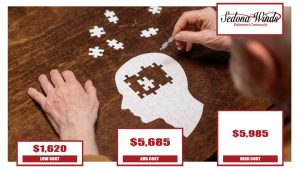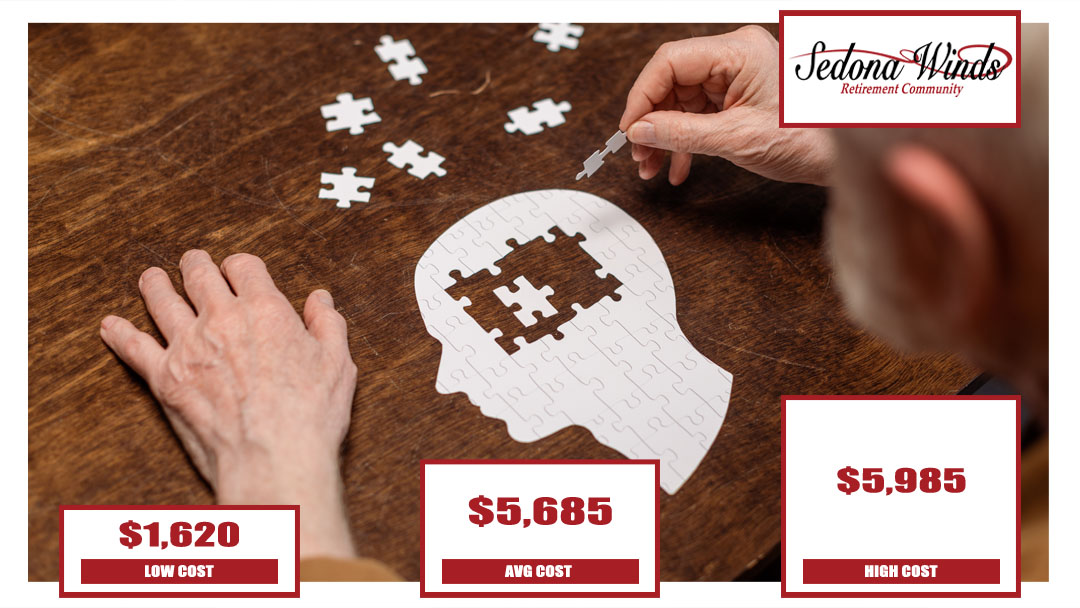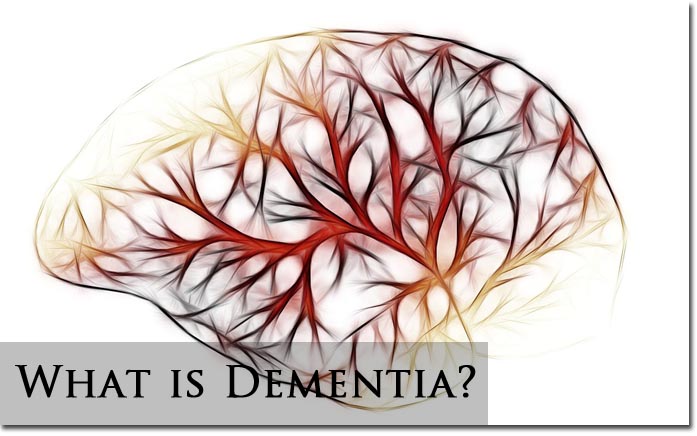What are the initial symptoms of Parkinsons Disease

Parkinson’s disease is a progressive neurological disorder that primarily affects movement. The initial symptoms of Parkinson’s disease can vary from person to person, and they may develop gradually over time. Some common early signs and symptoms include:
- Tremors: One of the most recognizable symptoms of Parkinson’s disease is tremors, which typically begin in one hand or arm. Tremors often appear as a rhythmic shaking or trembling, especially when the affected limb is at rest.
- Bradykinesia: Bradykinesia refers to slowness of movement and may manifest as difficulty initiating or completing movements. People with Parkinson’s disease may experience stiffness or rigidity in their muscles, making it challenging to perform everyday tasks.
- Muscle Rigidity: Parkinson’s disease can cause stiffness and rigidity in the muscles, which can lead to decreased flexibility and range of motion. Muscle rigidity may contribute to feelings of discomfort or pain, especially in the arms, legs, or neck.
- Postural Instability: Balance and coordination problems are common in Parkinson’s disease, leading to difficulties with posture and gait. People with Parkinson’s may experience stooped posture, shuffling steps, or a tendency to lose balance and fall.
- Changes in Speech: Parkinson’s disease can affect the muscles involved in speech and swallowing, leading to changes in voice quality, such as softness or hoarseness, and difficulties with articulation or enunciation.
- Loss of Smell: Some people with Parkinson’s disease may experience a reduced sense of smell (hyposmia) or complete loss of smell (anosmia) as an early symptom. Changes in sense of smell may precede other motor symptoms by several years.
- Micrographia: Micrographia refers to a handwriting that becomes progressively smaller and more cramped over time. It is a common early sign of Parkinson’s disease and may develop before other motor symptoms.
It’s important to note that not everyone with Parkinson’s disease will experience all of these symptoms, and the severity and progression of symptoms can vary widely among individuals. If you or someone you know is experiencing symptoms suggestive of Parkinson’s disease, it’s essential to consult with a healthcare professional for a thorough evaluation and diagnosis. Early detection and management can help improve quality of life and slow the progression of the disease.
Parkinson’s disease is a progressive neurological disorder, and its final stages can vary from person to person. The disease typically advances over many years, and the severity of symptoms can vary widely. In the advanced stages of Parkinson’s disease, individuals may experience significant challenges in motor function, cognition, and daily activities. Here are some common characteristics associated with the final stages of Parkinson’s disease:
- Severe Motor Impairment:
- Rigidity, bradykinesia (slowness of movement), and tremors can become extremely pronounced. Individuals may experience difficulty initiating and executing movements, leading to severe immobility.
- Postural Instability:
- Balance and postural stability are significantly compromised, increasing the risk of falls. Individuals may require assistance or mobility aids for walking and may spend much of their time in a wheelchair or bed.
- Difficulty Swallowing and Eating:
- As Parkinson’s disease progresses, swallowing difficulties (dysphagia) may arise. This can lead to an increased risk of aspiration (food or liquid entering the airways), malnutrition, and weight loss.
- Speech and Communication Challenges:
- Speech may become very soft, slurred, or difficult to understand. Communication challenges can impact social interactions and daily interactions with caregivers.
- Cognitive Decline:
- In the advanced stages, cognitive impairment may become more pronounced. Some individuals may experience dementia, with difficulties in memory, reasoning, and decision-making.
- Psychiatric Symptoms:
- Psychiatric symptoms such as depression, anxiety, and hallucinations may occur. Changes in mood and behavior can be challenging for both the individual with Parkinson’s and their caregivers.
- Autonomic Dysfunction:
- Autonomic dysfunction may manifest as problems with blood pressure regulation, urinary dysfunction, and gastrointestinal issues.
- Medication Challenges:
- Managing medications can become complex, and there may be challenges in achieving optimal symptom control. Adjustments to medication regimens may be needed to address changing symptoms and needs.
- Increased Dependency:
- Individuals with advanced Parkinson’s disease often become increasingly dependent on caregivers for activities of daily living, including bathing, dressing, and toileting.
- Caregiver Support:
- The role of caregivers becomes crucial in providing physical and emotional support. Home care or hospice services may be considered to provide specialized care and support for both the individual and their caregivers.
It’s important to note that the progression of Parkinson’s disease is highly individual, and not everyone will experience all of these symptoms. Additionally, advancements in medical care and palliative support can help improve the quality of life for individuals with Parkinson’s disease in the later stages.
As the disease progresses, open communication with healthcare professionals, including neurologists, palliative care specialists, and support from a multidisciplinary care team, is essential to address the evolving needs of individuals with Parkinson’s disease and their families.
Here are some additional resources that may be helpful:
- Parkinson’s Disease Foundation: https://www.parkinson.org/
- American Parkinson’s Disease Association: https://www.apdaparkinson.org/
- National Parkinson Foundation: https://www.parkinson.org/
- Michael J. Fox Foundation: https://www.michaeljfox.org/
Find Retirement Communities In Sedona
Sedona Winds Retirement Community offers independent living in Sedona, Arizona, can help! Call us today at 928-985-6259 and learn more about our facility and what we have to offer today’s seniors.







